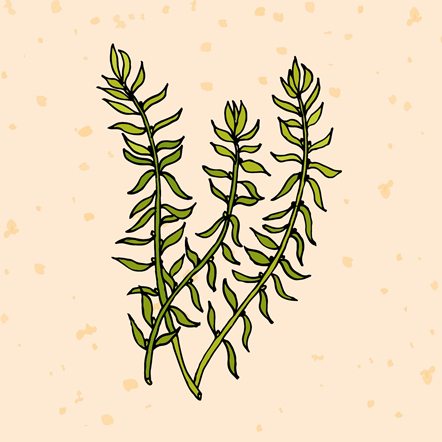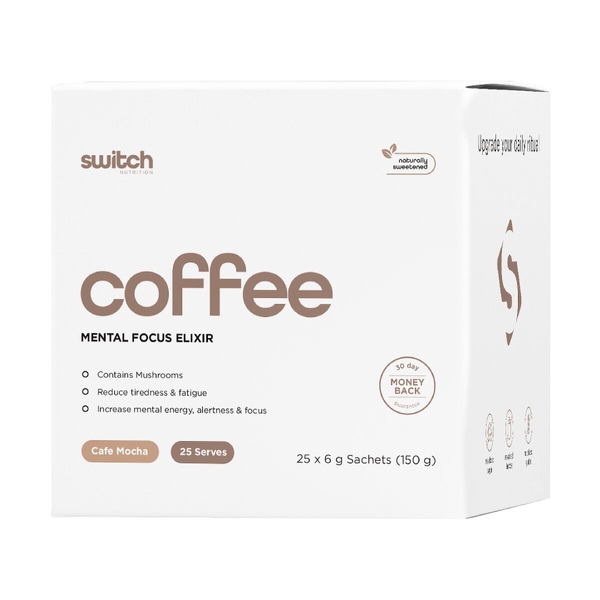
Background
Toothed clubmoss is used for Alzheimer disease, general memory disorders, and many other conditions, but there is no good scientific evidence to support its use.
Be careful not to confuse toothed clubmoss with the chemical called huperzine A. Toothed clubmoss contains small amounts of huperzine A. But huperzine A is also sold as a supplement.
Safety Safety definitions
Special Precautions & Warnings:
Pregnancy and breast-feeding: There isn't enough reliable information to know if toothed clubmoss is safe to use when pregnant or breast-feeding. Stay on the safe side and avoid use.Asthma, chronic obstructive pulmonary disease, cardiovascular disease, blockage of the intestinal or urogenital tracts, gastrointestinal ulcer disease, or seizures: Toothed clubmoss contains chemicals that can affect the nervous system in such a way that it could harm people with these diseases. If you have one of these conditions, don't use toothed clubmoss until more is known.
Effectiveness
- Alzheimer disease.
- Memory disorders.
- Schizophrenia.
- Fever.
- Swelling (inflammation).
- Blood loss.
- Irregular menstruation.
- Other Conditions.
Dosing & administration
Interactions with pharmaceuticals
Drying medications (Anticholinergic drugs)
Interaction Rating=Moderate Be cautious with this combination.
Toothed clubmoss contains chemicals that can affect the brain and heart. Some of these drying medications called anticholinergic drugs can also affect the brain and heart. But toothed clubmoss works differently than drying medications. Toothed clubmoss might decrease the effects of drying medications.
Some of these drying medications include atropine, scopolamine, and some medications used for allergies (antihistamines) and for depression (antidepressants).
Various medications used for glaucoma, Alzheimer disease, and other conditions (Cholinergic drugs)
Interaction Rating=Moderate Be cautious with this combination.
Toothed clubmoss contains a chemical that affects the body. This chemical is similar to some medications used for glaucoma, Alzheimer disease, and other conditions. Taking toothed clubmoss with these medications might increase the chance of side effects.
Some of these medications used for glaucoma, Alzheimer disease, and other conditions include pilocarpine (Pilocar and others), donepezil (Aricept), tacrine (Cognex), and others.
Interactions with herbs & supplements
Interactions with foods
Action
Products
View all products- Huberzia serrata (Toothed clubmoss) 25 µg
- Cordyceps militaris
- Pleurotus eryngii
- Lentinula edodes
- Trametes versicolor
- Grifola frondosa
- Coffea arabica 2.9 g
- Medium chain triglycerides (MCT) 1.5 g
- Acacia sp. (gum)
- Stevia rebaubiana
- Theobroma cacao 15 mg
- Natural flavours
- Theobroma cacao powder 480 mg
- Alpinia galanga powder 150 mg
- Bacopa monnieri powder 100 mg
- Coffea arabica powder 100 mg
- Acacia sp. (fibre)





